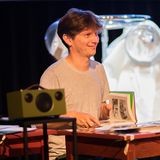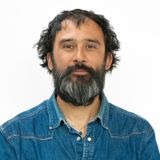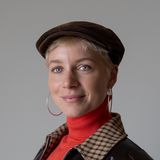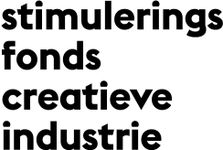In their Designing Cities for All Fellowship, de Chrononauten rethink the shape of trust and democracy in the digital age. The second episode of this three-part series zooms in on digital public culture. In the anonymous and individualised online spaces of today, people don’t recognise each other as a part of the same community. It’s hard to realise that those we engage with online are the same people we encounter in our daily physical life. The internet offers a safe haven from potential discrimination, oppression and violence based on people’s identities (for instance by oppressive states) – but it simultaneously creates an opportunity for anonymous discrimination, oppression and violence by our peers.
How can we learn to trust each other while also protecting our privacy, and design an online digital domain that’s safe, democratic and inclusive? In this programme, we talk about how to build a new culture of digital interpersonal trust. But first, de Chrononauten will take you on a brief journey to the future.






About the speakers:
Nanda Piersma is lector Responsible IT at the Amsterdam University of Applied Sciences and scientific director of the HvA Centre of Expertise Applied Artificial Intelligence. In her research, she focuses on how we can develop responsible technology as an alternative to the current (criticized) technology.
Jona de Jong is a PhD researcher at the European University Institute. He researched the impact of the gamified de-polarisation conversation start-up CIVINC.
About de Chrononauten:
Edwin Gardner and Christiaan Fruneaux are two futurists who have been researching our era for over ten years. In the Atlas of the Long Now, they interpret our rapidly changing world from the perspective of the great history, the long now, and the deep future. If we stretch the moment we think we live in, to decades, centuries, and even millennia – what do we see?
Edwin was once trained as an architect at TU Delft and Christiaan studied history at the University of Amsterdam. In 2012, they started Studio Monnik because they were curious about the contours of a truly sustainable and equal society. How could such a future society work and feel? And, in line with that question: how can you think about the future in a credible way at all? After five years of research, they presented the World Tree model, a historical-futuristic lens with which they could develop credible future scenarios. Ever since, they have been helping companies and governments to get a grip on the rapidly changing society.
The next step for them is to make their societal analyses, future scenarios, and imaginations part of the public debate in the hope it will inspire long-term thinking.








